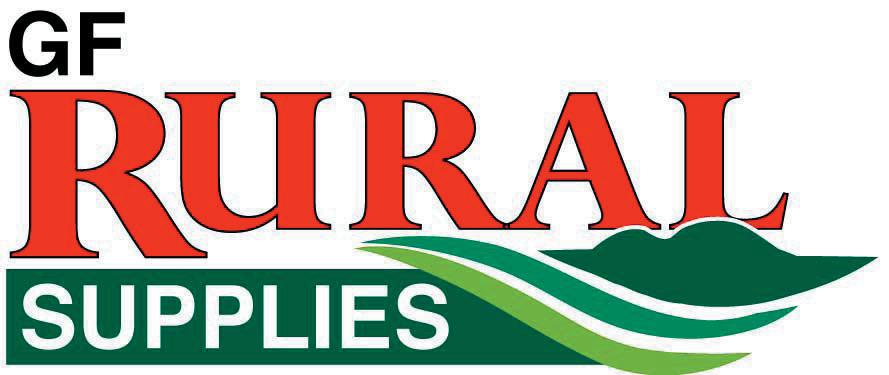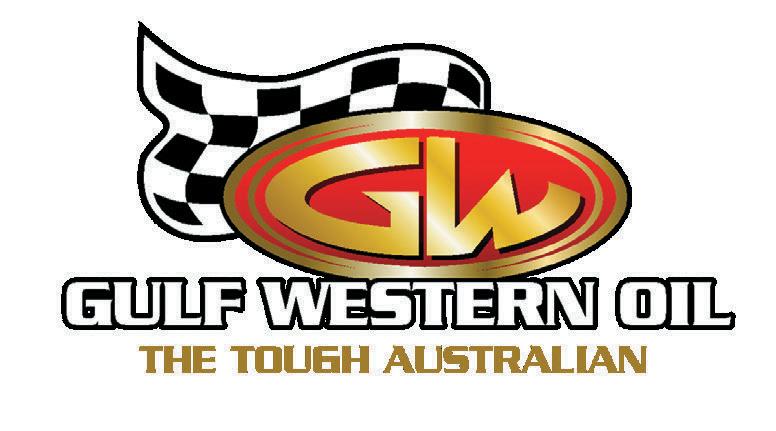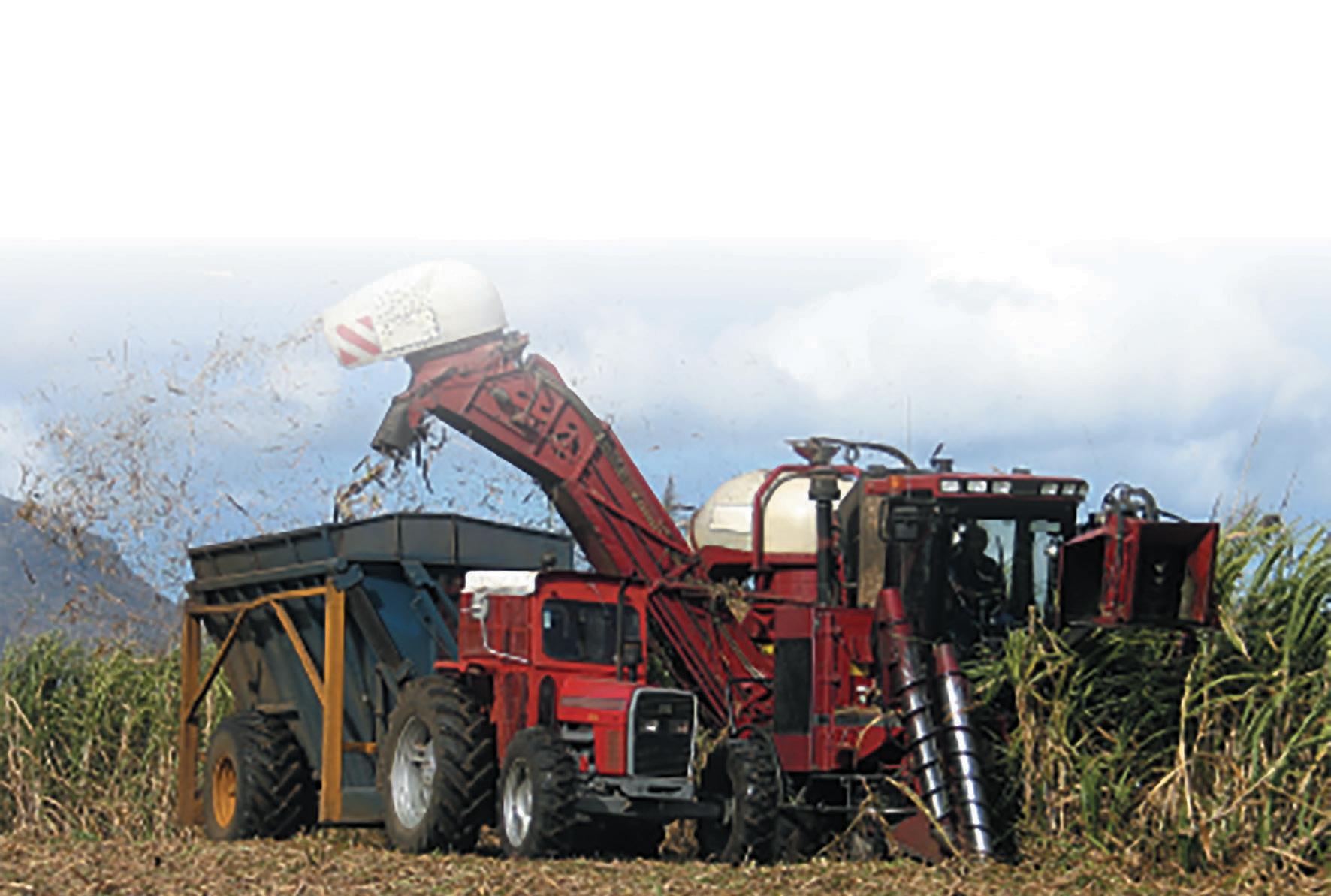
4 minute read
More support for zoos
More support for zoos and mobile animal exhibitors
BUSINESSES that exhibit animals have been provided financial support to help care of their animals under a new Queensland Government COVID-19 emergency funding package.
Advertisement
Minister for Agricultural Industry Development and Fisheries Mark Furner said many Queensland wildlife exhibitors had found it difficult to maintain the care and welfare of their animals with current business restrictions.
“Queensland has a unique and varied exhibited animal industry,” Mr Furner said.
“While support packages have recently been confirmed for tourism businesses and iconic animal parks at a State level and zoos and aquariums at a Federal level, the new assistance is helping animal exhibitors who were not eligible for those packages.
“In particular, mobile exhibits that show animal collections at a range of venues and very small wildlife parks may not be eligible for the larger funding packages.
“We have listened and have made a fund of $500,000 available to help operators care for their animals as Queenslanders unite and recover.”
Mr Furner said the Emergency Animal Welfare COVID-19 Exhibited Animal Assistance Program was helping operators meet their animal welfare obligations and cover operational expenses while facing these unprecedented challenges.
HUMPBACK whales are returning to the warm waters off the Queensland coast, and need space to swim, feed, and have their babies.
Minister for Environment and the Great Barrier Reef Leeanne Enoch said that 35,000 humpbacks are expected to travel along Queensland’s coast during this autumn and winter.
“Queenslanders look forward to this time of the year as the humpback whales return to our coastline, but if you’re on the water it’s important to marvel from a distance,” Ms Enoch said.
“Whales are a great tourist attraction, which is great news for tourism operators who have been impacted by COVID-19. Keeping the whales safe and healthy is key to this success.
“Boaties and recreational water users who get too close to the whales risk penalties or injury.
“Occasionally whales can become entangled in nets or stranded, and we encourage any
Humpbacks return to the Sunshine State for a whale of a time
one who sees that to report it.”
The Marine Animal Release Team (MART) is specially trained to deal with whale entanglements and the public are advised to call them if whales become stranded.
“Boats must remain 100 metres away from whales, while personal watercrafts like Jet Skis have to maintain a 300-metre distance.
“For special interest whales, like the white whale Migaloo, Jet Ski riders must keep 500 metres away.
“These rules are in place to protect the public as well as these magnificent mammals,” Ms Enoch said.
If there are three boats within 100 metres, other skippers must remain at least 300 metres away, so the pod of whales are not crowded.
Penalties for getting too close to humpback whales include a minimum $652 on the spot fine or a maximum fine of $21,540.
Louise Matthiesson from the Queensland Conservation Council said the increase in whale populations is something to be proud of.
“Whales are a success story for conservation and show what we can do when we take action to protect a species and they flourish,” Ms Matthiesson said.
“At the moment, the whale population is increasing by about 10% each year which is great news.”
Minister Enoch said that humpbacks will be in Queensland waters until Spring when they head south to Antarctic waters, and boaties can expect to be whale watching up until November.
“Skippers should be vigilant at all times including at night and move slowly away if whales approach any small crafts.
“So slow down, keep your distance, and watch out for whales at all times,” Ms Enoch said.
People can report stranded or entangled whales, or people breaching the whale approach limits by calling DES on 1300 130 372.
Humpback whale fast facts: • In 1962 the humpback whale population was estimated at 500 animals due to hunting • Up to 95% of the population had been killed between 1952 and 1962 • A humpback whale’s brain can weigh up to 5kg, and its heart can be 1.5m long • In 2007 the recovering population was estimated at about 10,000 animals • By 2013 the recovering population was estimated at about 19,000 animals • Today, the whale population is increasing by about 10% each year and is approaching pre-hunting estimates of about 40,000 animals • The annual whale migration is a round trip of about 9000km, and whales usually travel between 6.5-9.2km per hour • Humpback whales can live for 50 years, meaning they can swim up to 500,000km in their lifetime
For more information about approach limits, please visit: https://environment.des.qld.gov.au/wildlife/threatened-species/vulnerable/whales
• Top Dog XDO® 15W-40 CI-4/SL • Top Dog Global Mineral® 15W-40 CJ-4/SN • Top Dog CK-4 15W-40 CK-4 • Agriblue UTTF 10W-30 • Agritrans UTTF 10W-20
HARVEST SPECIAL


PURCHASE ANY SPECIALLY MARKED 205 LITRE DRUM OF GULF WESTERN OIL AND RECEIVE THE BELOW FREE! 1 x 20 LITRE OF EQUIVALENT OIL &
SPECIALLY MARKED 205L INCLUDE:
• Ultra Clear Diff Lub 80W-140 • Gear Lube 85W-140 • Superdraulic® ISO 68 • Gulf Harvester ISO 68 • Clearonox (Adblue) Expiry 30th June 2020

“Eligible animal exhibitors can apply for a one-off grant. Eligible exhibitors include those that are ineligible for existing state and federal funding packages,” Mr Furner said.
“This will give them some breathing space and ensure they can continue to care for their animals while going through the steps to reopen.”
For more information visit daf.qld.gov.au or email exhibitedanimalenquiry@daf.qld.gov.au










